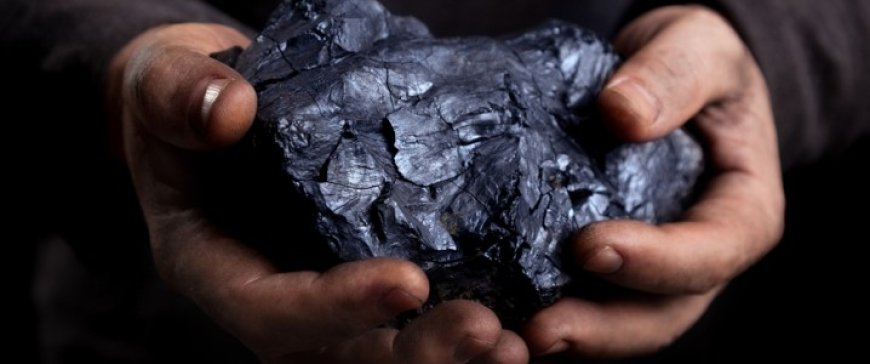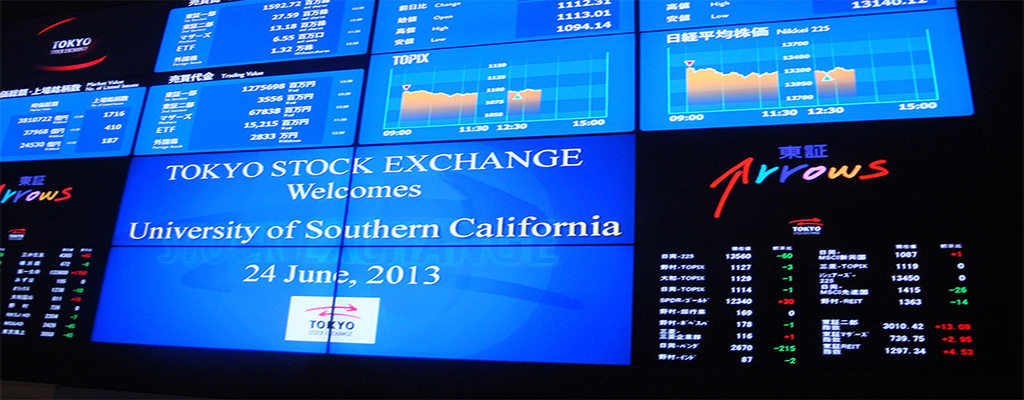Philippines Coal Power Set for Rare Decline as Gas Generation Rises

The Philippines, one of the world’s most coal-dependent power markets, has boosted LNG imports and gas-fired power generation in recent years, to the point of being on track to see the first decline in coal power generation in 17 years.
The share of gas power generation jumped to 17.5% in the first half of 2025, up from 14% for the full-year 2024 and a record low of 13.9% in 2023, a Reuters analysis of Philippine market and government data showed on Tuesday.
At the same time, the share of coal in Philippine power generation slumped to 57.2% in January to June 2025, down from a record-high of 61.9% in full-year 2024, according to the data Reuters has compiled.
The Philippines continues to rely a lot on coal for its power generation, the share of which rivals those in China and India, but the rise in LNG supply and gas-fired power generation is set to meet an increasing share of the country’s growing electricity demand.
The Southeast Asian country has a moratorium on new coal power plants, but it’s not a total ban as it excludes committed power projects, existing power plant complexes with firm expansion plans and existing land site provisions, as well as projects with approved permits.
Still, coal-fired electricity generation is expected to peak in 2030 due to the policy, James Ha, head of research for Asia-Pacific at Aurora Energy Research, told Reuters.
Meanwhile, Philippine consortium LNGPH signed earlier this year the country’s first long-term LNG supply deal with commodity trading giant Vitol, under which Vitol will supply up to 0.8 million metric tons of LNG annually for a period of 10 years.
The Philippines is also part of the Rockefeller Foundation’s Coal to Clean Credit Initiative (CCCI), with which it aims to support 60 projects by 2030 to help close coal-fired power plants in developing countries.
As part of the first efforts of the new initiative, the Rockefeller Foundation will collaborate with ACEN Corporation, GenZero, Keppel, and Mitsubishi for a pilot project in the Philippines.
By Tsvetana Paraskova for Oilprice.com














































